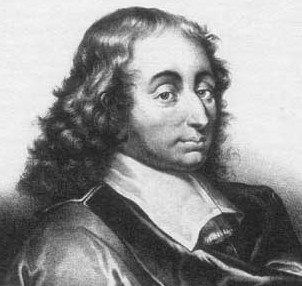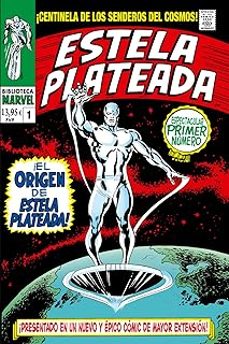📗 Libro en inglés HUMAN HAPPINESS
PENGUIN- 9780141036793
Sinopsis de HUMAN HAPPINESS
Created by the seventeenth-century philosopher and mathematician Pascal, the essays contained in Human Happiness are a curiously optimistic look at whether humans can ever find satisfaction and real joy in life - or whether a belief in God is a wise gamble at best. Throughout history, some books have changed the world. They have transformed the way we see ourselves - and each other. They have inspired debate, dissent, war and revolution. They have enlightened, outraged, provoked and comforted. They have enriched lives - and destroyed them. Now Penguin brings you the works of the great thinkers, pioneers, radicals and visionaries whose ideas shook civilization and helped make us who we are.
Ficha técnica
Editorial: Penguin
ISBN: 9780141036793
Idioma: Inglés
Encuadernación: Tapa blanda
Fecha de lanzamiento: 13/06/2008
Año de edición: 2008
Plaza de edición: London
Especificaciones del producto
Escrito por Blaise Pascal

Nació el 19 de junio de 1623 en Clermont-Ferrand. Se traslada junto a su familia a París en el año 1629. Cuando contaba 16 años formuló uno de los teoremas básicos de la geometría proyectiva, conocido como el teorema de Pascal y descrito en su Ensayo sobre las cónicas (1639). En 1642 ideó la primera máquina de calcular mecánica. En 1648 demostró que el nivel de la columna de mercurio de un barómetro depende de la presión atmosférica circundante. En 1654 junto con Pierre de Fermat, formuló la teoría matemática de la probabilidad. Otras aportaciones a la Ciencia serán su 'principio de Pascal' y sus investigaciones sobre las cantidades infinitesimales. En 1654 entró en la comunidad jansenista de Port Royal, donde llevó una vida ascética hasta su fallecimiento en 1662.
Descubre más sobre Blaise Pascal Recibe novedades de Blaise Pascal directamente en tu email
Opiniones sobre HUMAN HAPPINESS
¡Sólo por opinar entras en el sorteo mensual de tres tarjetas regalo valoradas en 20€*!


































